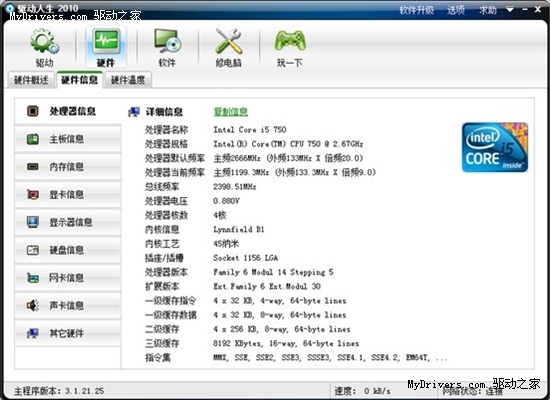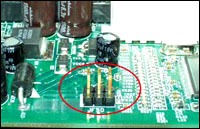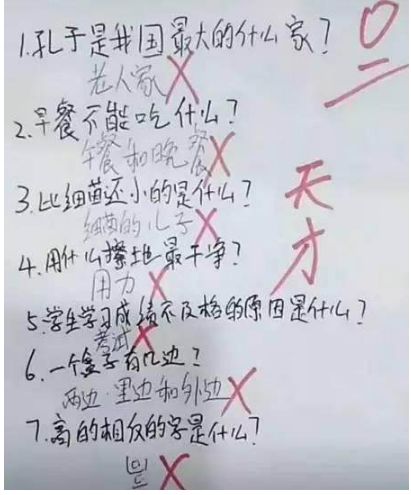在Mozilla的官网中对于call()的介绍是:
call() 方法在使用一个指定的this值和若干个指定的参数值的前提下调用某个函数或方法.
Call() 语法
fun.call(thisArg[, arg1[, arg2[, ...]]])
Call() 参数
thisArg
在fun函数运行时指定的this值。需要注意的是,指定的this值并不一定是该函数执行时真正的this值,如果这个函数处于非严格模式下,则指定为null和undefined的this值会自动指向全局对象(浏览器中就是window对象),同时值为原始值(数字,字符串,布尔值)的this会指向该原始值的自动包装对象。
arg1, arg2, ...
指定的参数列表。
Javascript中的call()方法
先不关注上面那些复杂的解释,一步步地开始这个过程。
Call()方法的实例
于是写了另外一个Hello,World:
function print(p1, p2) {
console.log( p1 + ' ' + p2);
}
print("Hello", "World");
print.call(undefined, "Hello", "World");
两种方式有同样的输出结果,然而,相比之下call方法还传进了一个undefined。
接着,我们再来看另外一个例子。
var obj=function(){};
function print(p1, p2) {
console.log( p1 + ' ' + p2);
}
print.call(obj, "Hello", "World");
只是在这里,我们传进去的还是一个undefined,因为上一个例子中的undefined是因为需要传进一个参数。这里并没有真正体现call的用法,看看一个更好的例子。
function print(name) {
console.log( this.p1 + ' ' + this.p2);
}
var h={p1:"hello", p2:"world", print:print};
h.print("fd");
var h2={p1:"hello", p2:"world"};
print.call(h2, "nothing");
call就用就是借用别人的方法、对象来调用,就像调用自己的一样。在h.print,当将函数作为方法调用时,this将指向相关的对象。只是在这个例子中我们没有看明白,到底是h2调了print,还是print调用了h2。于是引用了Mozilla的例子
function Product(name, price) {
this.name = name;
this.price = price;
if (price < 0)
throw RangeError('Cannot create product "' + name + '" with a negative price');
return this;
}
function Food(name, price) {
Product.call(this, name, price);
this.category = 'food';
}
Food.prototype = new Product();
var cheese = new Food('feta', 5);
console.log(cheese);
在这里我们可以真正地看明白,到底是哪个对象调用了哪个方法。例子中,使用Food构造函数创建的对象实例都会拥有在Product构造函数中添加的 name 属性和 price 属性,但 category 属性是在各自的构造函数中定义的。
function print(name) {
console.log( this.p1 + ' ' + this.p2);
}
var h2= function(no){
this.p1 = "hello";
this.p2 = "world";
print.call(this, "nothing");
};
h2();
这里的h2作为一个接收者来调用函数print。正如在Food例子中,在一个子构造函数中,你可以通过调用父构造函数的 call 方法来实现继承。
至于Call方法优点,在《Effective JavaScript》中有介绍。
1.使用call方法自定义接收者来调用函数。
2.使用call方法可以调用在给定的对象中不存在的方法。
3.使用call方法可以定义高阶函数允许使用者给回调函数指定接收者。















